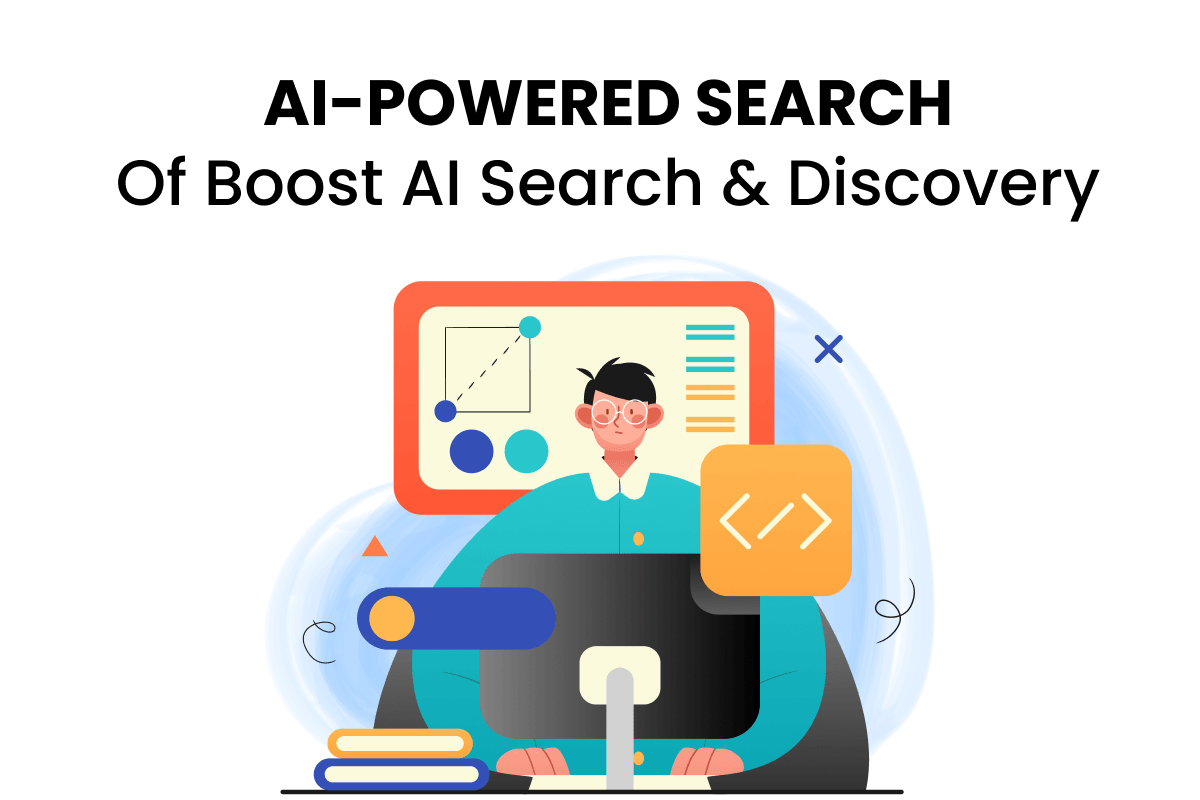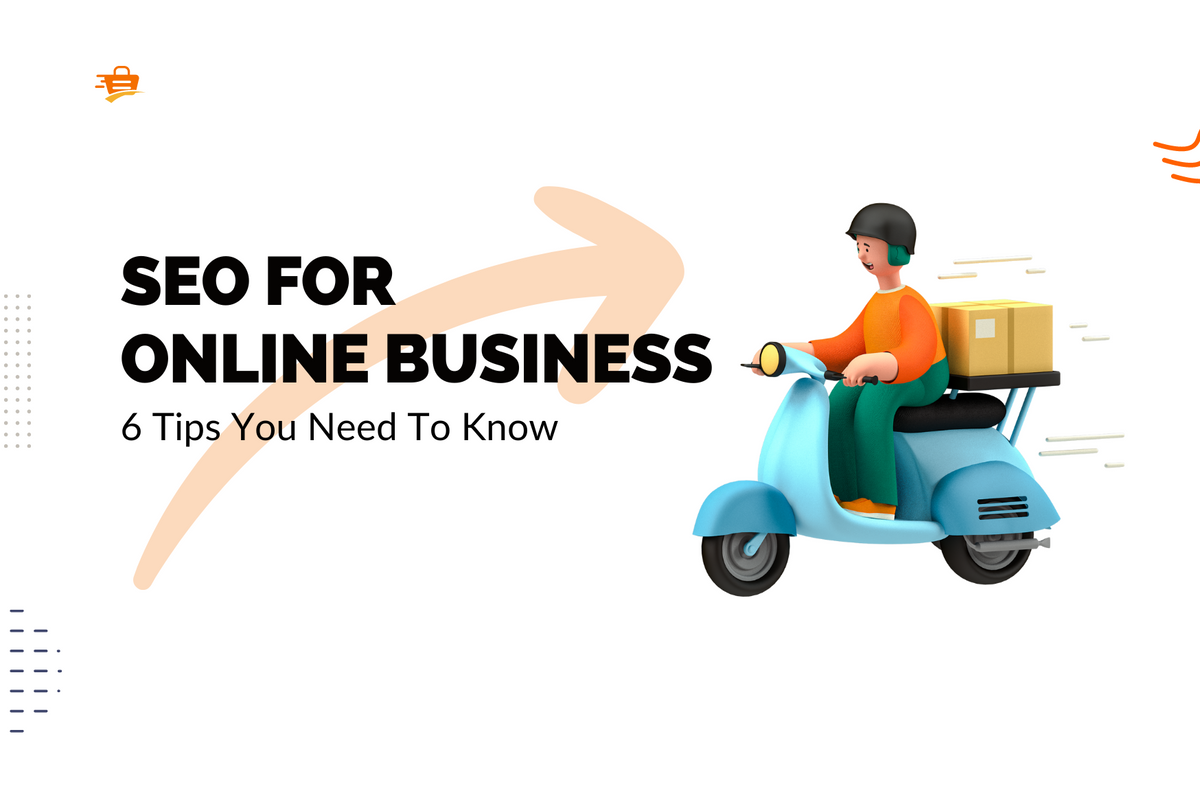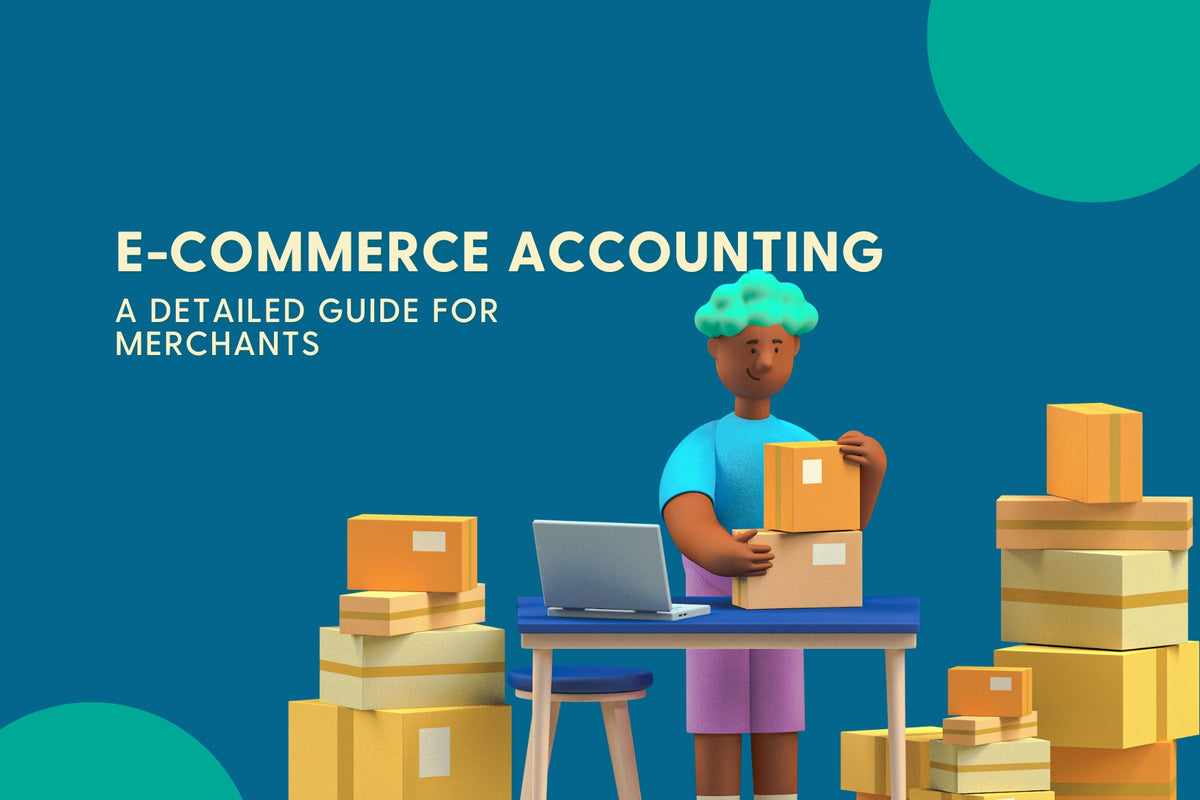At Boost, AI Search is definitely not a short-term project to catch up with the latest AI craze after the rising popularity of ChatGPT and so on. We have been investing in Artificial Intelligence and Machine Learning (AI/ML) for a while and continue refining the models to match the need of different eCommerce businesses.
At present, hundreds of Boost users have been experiencing the AI-fueled Search upgrade. The public release of Boost 3.0: AI Search & Discovery will be very soon, so there is no better time to give you a close-up of how the new intelligent search work.
Boost's AI Search Leverages Natural Language Processing
Natural Language Processing (NLP) is an advanced technology. In the scope of eCommerce search, the application of this AI field involves analyzing and understanding human language to return relevant results. It means a site search engine backed by NLP is more efficient when responding to long-tail queries.
Our approach to NLP in site search tools contains four main subsets:
- Named Entity Recognition
- Facet Extraction
- Word Importance Estimation
- Intent Understanding
Each is a method to help the site search engine not only deeply understand the keywords on the surface but also recognize the search intent behind them for better keyword matching.
You may also want to check out:
- Sneak Peek Of All New Features In Boost 3.0
- AI Search 101 For Beginners
- AI Search vs Conventional Search
Named Entity Recognition
A search query going through Named Entity Recognition (NER) process will be chopped into smaller meaningful pieces. The NLP models then identify proper nouns and assign relevant predefined categories to them.
Facet Extraction
If NER works with nouns, Facet Extraction, as its name implies, focuses on facets and filter options. It classifies adjectives, and other descriptive words in a given query based on different product attributes such as color, size, and price.
For example, we have the long-tail query “Modern gray fabric sofa”. NER will divide it into “Modern”, “gray”, “fabric”, “sofa”. Then, each word will fall into either categories or product attributes. At the end of the process, we have:
- “Modern” → Product style
- “Gray” → Product color
- “Fabric” → Material
- “Sofa” → Furniture

How NER and facet extraction works in Boost’s AI Search.
If NER and Facet Extraction slice the long queries to understand them better, Word Importance Estimation and Intent Understanding combine them to return more accurate results.
Word Importance Estimation
In this phase, the AI models in Boost's AI Search analyze each individual word as well as consider the entire query to assess their importance.
For example, “skinny jean” in the query “new skinny jean collection" will be assigned the largest weight of importance.
Intent Understanding
Besides importance assessment, our AI search for eCommerce is trained to comprehend the search intent of shoppers.
Take this query "women white sneakers for climbing $30-$50" as an example. It's easy for us - as human beings - to realize some specific requirements here. Our AI-powered search engine will also have that ability. It analyzes the search query and filters the results based on the user's specified criteria. Regarding the example above, the criteria that our AI models find out are:
- Color: white
- Style: Sneakers for women
- Intended use: Used for climbing
- Price: A price range of $30 ~ $5
AI Synonyms Help Reduce Manual Work
Boost users must be used to the Synonyms feature. It allows merchants to manually group similar-meaning phrases so shoppers can use either of them to get the same results. That great feature is now taken to the next level with auto synonym detection and suggestion powered by AI. After that, our system looks for patterns and connections and uses this to suggest other words that seem to mean the same thing.
Why do you need this automation?
People have so many ways to express their desired products that it's challenging for merchants to be aware of all of them. Our AI Synonyms will give you a helping hand. The models collect and analyze data from diverse sources such as search history, search behaviors, and product data of the store.
Another highlight of Boost's AI Synonyms is users can flexibly enable and edit the auto-suggested synonyms. The human factor here will tailor our AI models to match each store’s demands.

Merchants can choose to turn on/off the suggested synonyms or edit the direction, search terms, and so on.
Enhanced Typo Tolerance For A Smooth Shopping Experience
Typo tolerance is not a newly-added feature in the site search engine of Boost. Our system has been able to recognize and correct some typing mistakes made by shoppers to reduce "no results" cases for a long time. Now, AI/ML will help constantly update the typo tolerance algorithms without human intervention.

The enhanced typo tolerance in Boost AI Search & Discovery uses different approaches to deal with errors, such as swapping nearby letters, missing or adding letters, or replacing similar-looking characters. It also assists searchers with disabilities or those using non-standard keyboards to access information more easily.
Typo tolerance reduces frustration caused by small typing errors. Shoppers who mistype the keywords won't need to remove the wrong one and re-input the queries to get accurate results. Therefore, it saves time and effort for your customers.
What Else Besides AI Search?
One of the most focused aspects, after we started integrating AI in our site search engine, is speed. For a search query going through multiple AI layers, it sounds to take more time than the regular search but don’t worry. Boost has optimized the models and the infrastructure so the process only consumes less than a millisecond.
We also update the search app algorithms to handle
- Full-text Search/Partial search
- Special characters; Numeric Unit; SKUs/Barcodes
- Search Range
- Scoped suggestion
Boost users will also be able to use Scoped suggestions in the upcoming release.

Some Final Words
In the frenzy of interest for AI technology that shows no sign of cooling down, eCommerce merchants should transform the conventional site search to a smarter and faster one with AI. Install Boost Product Filter & Search (will become Boost AI Search & Discovery soon) soon to get the chance to become an early-bird user.




